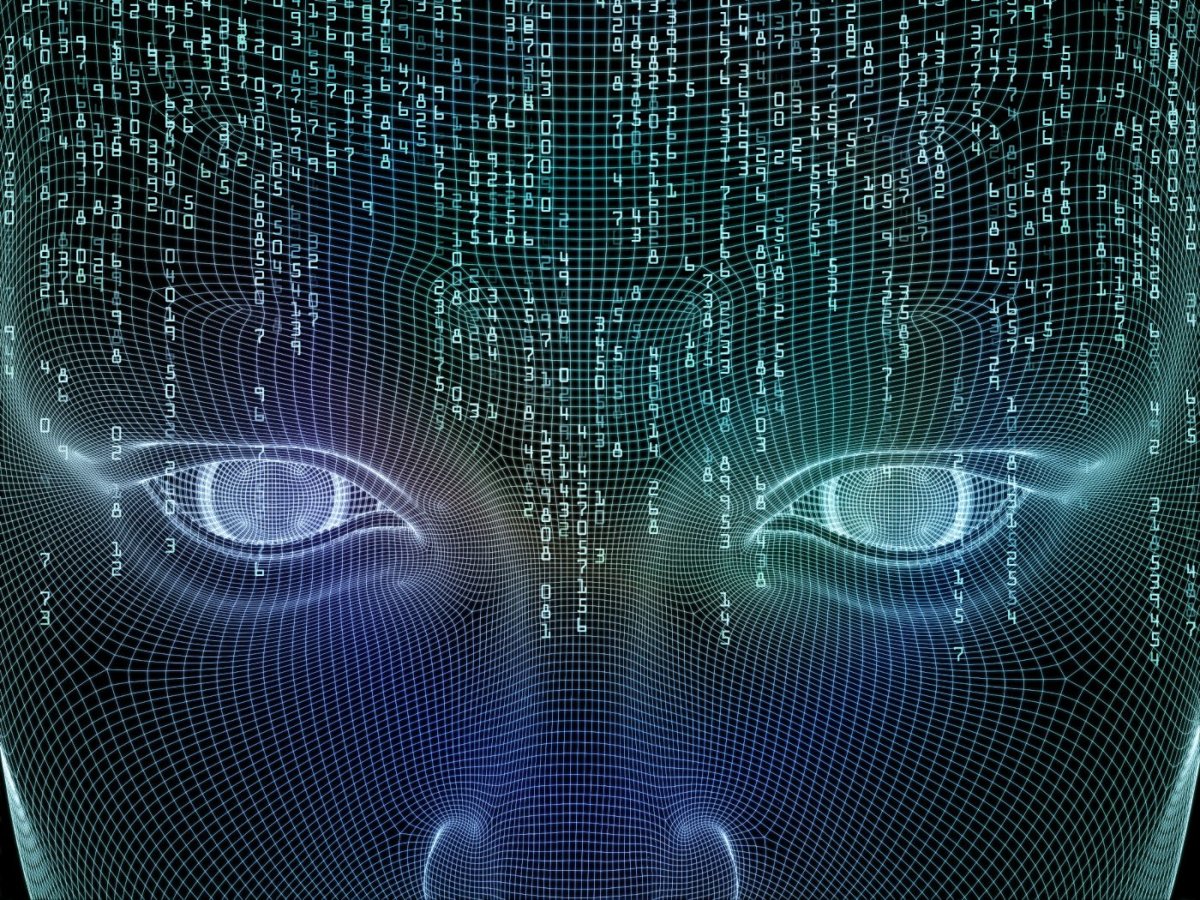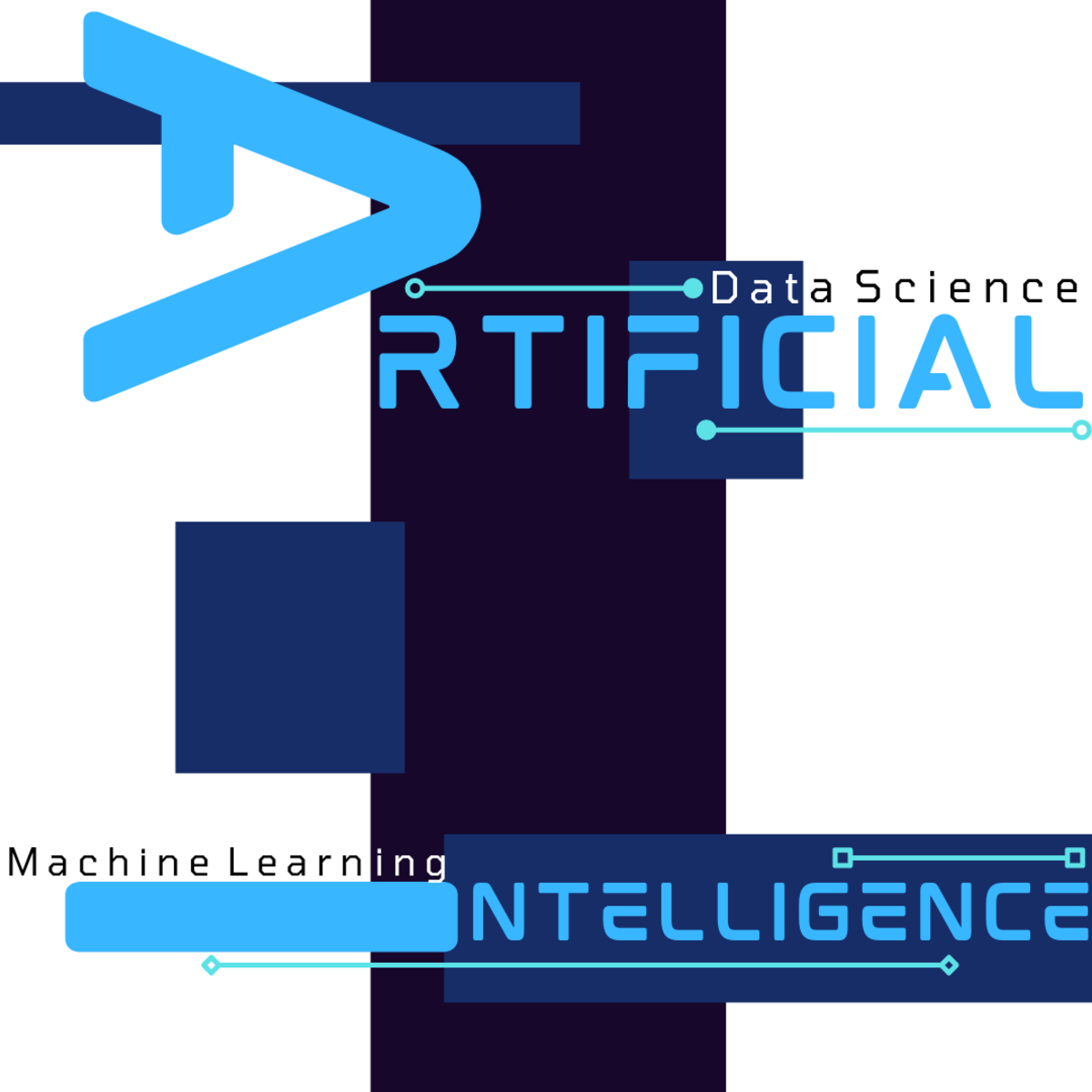Are Computers Intelligent?
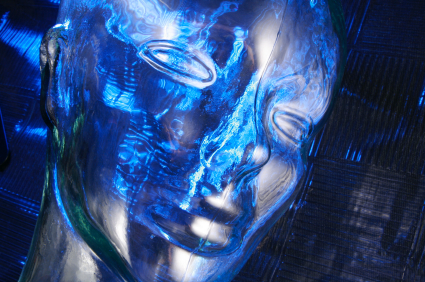
Can computers think? Are computers intelligent? Many popular movies and sci-fi books underscore not the differences between machine and human intelligence but their similarities. Many times the scariest premise in these entertainments is the idea that computers become smarter than humans, and use their cold computer logic and intelligence to overmaster their human creators. Computer intelligence, or "artificial intelligence" is a separate field of study. What we want to do here is to find out if computers are actually intelligent in and of themselves, aside from their programming. Can computers learn?
There are six basic levels of thought. These levels of thought go by different names, depending on which institute of higher learning is doing the study,but the underlying concepts are the same. They are:
- Perception and recognition
- Attention and memory
- Mental representation of concepts
- Natural language recognition, comprehension, and generation
- Reasoning and deduction
- Cognition and emotion
How do computers score, on these functions of thought? Does that mean that computers have intelligence, if they can pass these tests of thought?
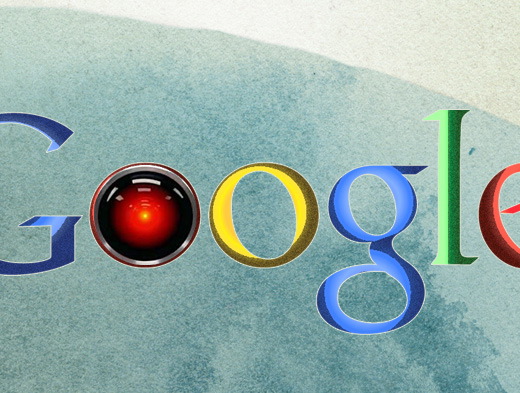
Let's take the first of the six: perception and recognition . Any program or machine that responds to a user exhibits this level of thought. Though the machine is instructed by humans to respond, that doesn't matter, in measuring only concrete responses to given stimuli. Your automobile, by turning right when you turn the steering wheel, or by blinking it's turn signal when you move a lever, exhibits this level of intelligence. It's on the level of practically all the lower animals,and plants, too--worms, algae--practically all creatures, and all machines, both exhibit this same quality: a consistent response to a given stimuli, indicating a perception of the stimuli (whether natural or artificial), and a standard, appropriate response.
So computers have aced this category of intelligence. They respond in a complex way to a human's input.
Attention and Memory :
Computers ace this intelligence test, too. As far as this goes, the attention span of a computer is practically infinite, especially compared to that of a human. The computer will patiently wait for the slower human to respond, in any given program. The computer is always polite, too, never hurrying you along. There's a lot to be said for having a computer as a friend!
As far as memory, or data storage and retrieval goes, computers have your average human being beat by miles. And often it seems that computers store data in a much more organized way. They take only nanoseconds to access whatever bit of information we want. It's the glory of a computer.
The capacity for memory, for rote memorization, is leaving us all, now. It's no longer necessary when we can just Google something and come up with the info in seconds. It seems we let computers store the information for us: we no longer use our brains as memory banks. It no longer seems to be necessary.
People learn, instead, to rapidly weed out information that isn't pertinent amongst the mass of information at our fingertips on the computer. We learn to zero in on the information that we're looking for and is necessary to us at the time, and quickly learn to disregard data which isn't important to us at the time. It's a very different skill than rote memorization, and a very necessary one in today's high-tech world.

Mental Representation of Concepts:
Now, we think, we've caught up with the computer now. Computers don't have actual cognitive functions, like a human being, do they? Computers can't actually think...can they? Computers can't conceptualize...can they?
Well, there's a division of opinion about this. Some people in the field of assessing intelligence, both human and otherwise, think that the capacity to conceptualize is based on reasoning. That, essentially, a conceptualization is the end product of the ability to reason. And reason includes: prediction, explanation, planning, diagnoses, and generalization. The computers have it, according to ThinkQuest, the August 2008 issue:
"A program that does this can forecast what will happen based on what has happened. Computer opponents in games do this--most chess programs look a certain number of moves ahead, reviewing the potential for each of the various moves and choosing their best position."
And Big Blue, the IBM Chess Master computer, beat practically all of it's human opponents for many years!
Natural Lanquage Recognition, Comprehension, and Language Generation
Ah, now we've got it! We definitely have never heard of a computer making up new words. As a matter of fact, it was very difficult to teach a computer to recognize words instead of number values, to begin with. It took a long time and some fuzzy logic and many new algorithms to get computers to understand a human language and words, or verbal input, instead of numbers. Still, in the very bottom of the bottom line: the computer doesn't know English, or any other language. The only things it absolutely recognizes are ones and zeroes; ons or offs.
One very silly foray into equating computer and human intelligence was something called the Turing Test.
The Turing Test is conducted by having a human being analyze two conversations: one between two human subjects, and one between a human subject and a computer. It the person doing the analysis couldn't tell which dialog was generated by the computer, then the computer passed the Turing Test, and was credited with having original language skills.
There are two telling arguments which say this would still prove nothing:
The Chinese room argument: what the computer is actually doing is comparing the human-generated dialog to a table, to look up an appropriate reply. If the Chinese language response-table was programmed to be big enough, one would think the computer could "speak", or converse, in Chinese.
The Blockhead argument states that there are only a finite number of values for a set of grammatically correct and syntax-appropriate responses in any given conversation, and if the computer had enough of a capacity to do so, it could easily memorize and tabulate them ALL. So, getting the appropriate feedback every time, the thing could pass the Turning Test every time, even though the machine itself is not originating the responses and possesses no verbal intelligence whatsoever.
As of 2006, NO MACHINE, NO COMPUTER has yet to pass the Turning Test. While some speaking robots like Alice or Eliza have received medals and awards from the artificial intelligence community, they're still a long, long, long way from being able to trick a person into thinking he's talking to another person and not a computer.
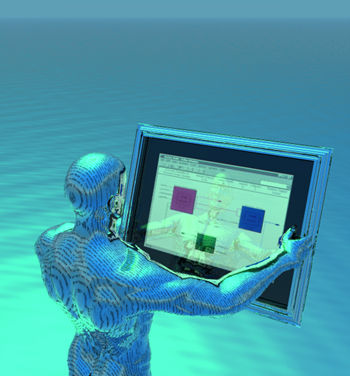
Reasoning and Deduction
This, to me, was the most fascinating part of the research involved in producing this article. A computer can learn from past outcomes, and alter it's strategy.
Is what it's doing thinking? Is the computer thinking and reasoning and deducing, in the same way that a human does?
Well, yes and no. A computer learns by reinforcement learning. It chooses, by trial and error, whatever path returns the best outcome. The computer programs has four specific components:
- A policy. This determines the parameters of it's potential choices
- A reward. This defines, to the computer, the goal.
- The value function. This defines, to the computer, what are the best outcomes in any given step.
- The model. This is a virtual reality of the game being played or the problem being solved, where the computer can test, by trial and error, and with great rapidity, all the possible choices and all the possible outcomes.
This is how a computer can play chess, and beat it's human opponent.
Even though this "thought" process is very similar to what humans do, to reason out a problem or a situation and attempt to find the best solution, it seems there is a cognitive element missing; the ability to imagine. When we do this, our thoughts project into the various outcomes, something like the computer with its test module, but we just imagine the results, without an actual application.
Cognition and Emotion
That inability to imagine, without testing, if something is good or bad, or imagine, without testing, what another's experience feels like, is the proof of the ultimate failure of any machine to become completely intelligent.
Machines have no emotional power. Machines have no imagination. Those two limiting factors give humans the permanent edge.
Yes, computers are intelligent. Computers do have certain basic qualities of operation much akin to certain basic qualities of thought in humans.
Still, a computer is no match for a human in creativity and will never be. The most intelligent computer still has absolutely no power of invention.
If you want MORE, click HERE:
- The Cube Test
The Cube Test--take the cube test, and find out what you REALLY think of your friends and partner! - What Happened to All That Stuff?
What's happened to all that stuff that advances in technology have made obsolete? Some of it is still sitting in our basements or our attics. We don't throw it out because it still works. Warehouses full of it are sitting, unsold...


